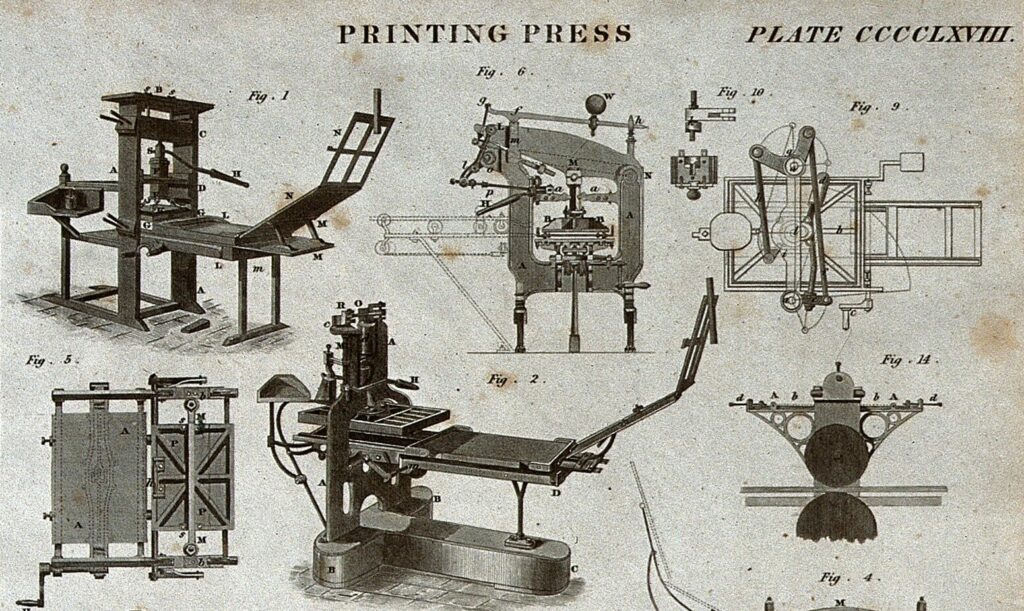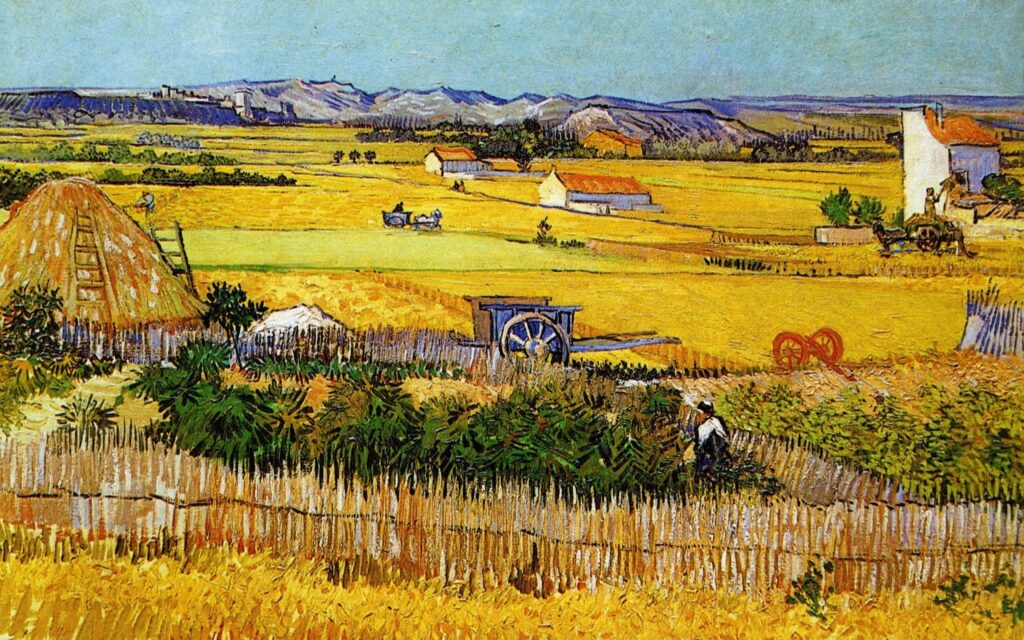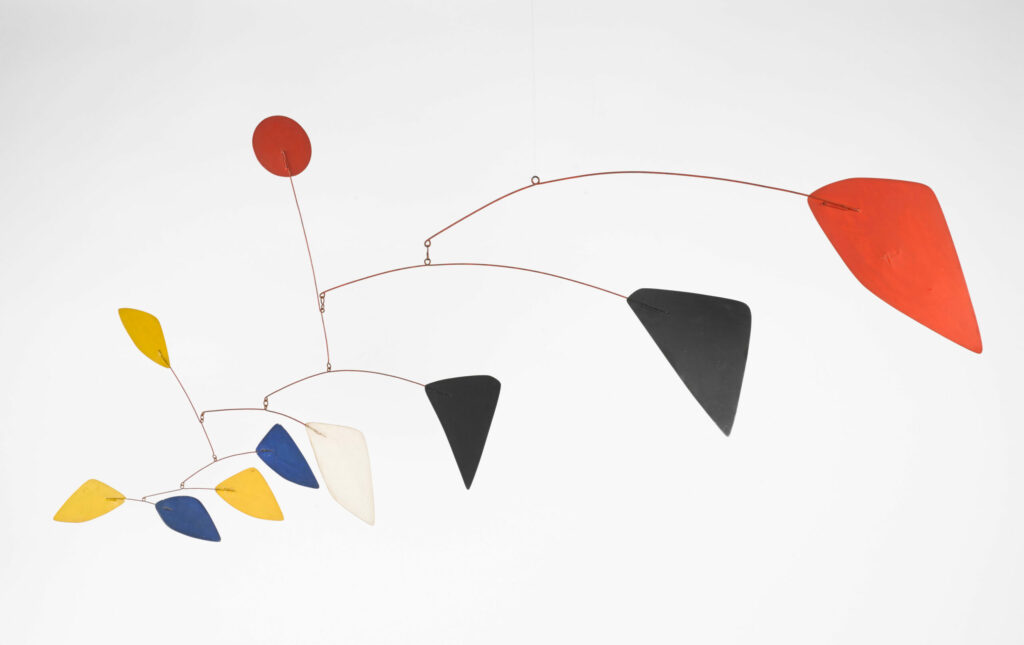Novel
5 Tips on Self-Publishing Your Book
For book writers, the publishing process is often a fearful mystery. Self-publishing a book can intensify this mystery, because it can seem like you’re all on your own, with no clear place to start. Although I’ve managed Writers.com since 2019, it wasn’t until this past year that I learned the self-publishing process myself, while helping…
Read MoreWriting for Mindfulness: The Foundations of Mindful Writing
Being present, focusing on images, appreciating goodness: these are the foundations of mindful writing. Writing for mindfulness is a skill that any writer can develop, helping you to sharpen your language and keep it succinct. What are the foundations of mindful writing? Let’s explore what writing for mindfulness means in depth. What “Mindful Writing” Means…
Read More10 Things Every Children’s Picture Book Writer Should Know
Picture books—don’t they conjure up happy memories? Maybe you have read them to your kids. Maybe you recall them being read to YOU. Remember having favorites that you wanted to read over and over? Goodnight Moon, The Cat in the Hat, The Story of Ferdinand? Perhaps as an adult, you still love picture books, and…
Read MoreLiterary Agents: What They Do and How to Find One
What does a literary agent do? And where do you go about finding a literary agent? When you’re ready to submit a manuscript for publication, you might solicit top literary agents to represent your work. But, like most things in the writing business, actually getting a literary agent—especially a good one—proves much more difficult than…
Read MoreInterview: Barbara Henning Discusses “Prompt Book” and Finding the Inspiration to Write
If you’re a writer looking for prompts, inspiration, or lessons on literary movements, then writers.com instructor Barbara Henning‘s new book Prompt Book (Spuyten Duyvil Publishing, 2021) is your solution. Naturally, we were curious about how an author goes about collecting and publishing a book of prompts. Below is our full interview with Barbara on Prompt Book…
Read MoreProse vs. Poetry: Their Differences, Overlaps, and Writing Each
The difference between prose and poetry seems easy to explain: one has blocks of text and fully-fleshed characters, the other has line breaks and pretty words. That’s it, right? Despite their visual quirks, prose and poetry share many similarities: prose can be musical, poetry can have plots and characters, and both are millennia-old traditions. As…
Read MoreWhat is Urban Fantasy? Writing the Urban Fantasy Genre
If you’re interested in writing urban fantasy, just know this: urban fantasy books ruined my trip to New York City. There weren’t any goblins under the Brooklyn Bridge, the lions outside of the 5th Ave library remained motionless, and none of Manhattan’s graves turned undead in the night. Worse, no matter how many subway rats…
Read MoreHow to Avoid Clichés in Writing
I hope this isn’t unoriginal, but reading clichés in writing make me feel like I’ve woke up on the wrong side of the bed. Really, clichés in writing are a dime a dozen. It’s language that, quite frankly, is dead as a doornail. I hope I’m not beating a dead horse. Clichés are everywhere. They’re common parts of the…
Read MoreHow to Write a Compelling Story
What makes a story interesting? Hasn’t every original idea already been taken? Trying to write an interesting story seems impossible when so many books have been written, and if you’re at the start of your literary career (or trying to start your next book!), you might be daunted by the task of originality. In other…
Read MoreHow to Read Prose: Close Reading Strategies for Prose Writers
In this article, we’ll give you strategies to begin reading prose like a writer. We’ll discuss applying close reading strategies to prose: that is, to anything that isn’t written in verse, from short stories to novels to memoirs and more. This article is third in our series on how to read like a writer—in other…
Read More









